Taxpayers in eight Indiana school districts have voted to pay higher taxes to help pay salaries and classroom expenses in local schools.
On Tuesday’s primary ballot, 10 school districts appealed to voters to help fund public education in their districts. All but two passed.
Schools in Fort Wayne, New Prairie, Brown County, Hamilton Southeastern, Southwest Allen County, Noblesville, Speedway and Southern Wells had successful ballot referenda. Voters in Argos and Wabash voted not to raise taxes for extra funds to support their school districts.
(Check out the full list of referenda that passed and didn’t, and the trends since 2008)
Referenda have become increasingly more common as a method to fund public schools since 2008, when lawmakers implemented property tax caps. Since then, the portion of tax money that could be distributed to school corporations has shrunk.
Purdue professor of Agricultural Economics Larry DeBoer said he loves studying public policy, so he loves seeing what happens when schools ask voters to raise their own taxes to fund schools.
“Eight out of ten won,” said DeBoer. “And that’s above the percentage that we’ve seen even for May elections.”
School districts can present ballot referenda on May or November ballots. He says this year’s high scuccess rate, even with a contested presidential primary, will make future May school referenda more likely.
Since November 2008, 65 percent of school referenda on the ballot have passed. This year 80 percent did.
But it wasn’t good news for all.
As we’ve reported, Argos County Schools has lost over $1 million in funding since 2008. School officials hoped to raise $750,000 with their ballot item — but 59 percent of voters said no.
Argos County superintendent Michele Riise says student learning will be affected since the referendum did not pass.
“We’ll be looking hard at the budget. Inevitably we’re going to have to make some cuts,” said Riise. “It’s going to be hurting our programs and students now. We were hoping we would not have to get that far.”
Riise says that funding problems in the district stretch beyond Tuesday’s ballot. Instead she points toward a school funding formula that she says hurts districts across Indiana.
“We have seen it firsthand that the funding formula is not equitable, it is not in favor of public schools let alone, rural schools such as Argos,” said Riise.
DeBoer, the referenda enthusiast, says one thing is clear about the referenda: it pays to go before.
“Two of the three that lost had never tried a referendum before,” said DeBoer. “Everybody else had gone at least once before.”
There’s been an uptick in schools turning to ballots for funding since the late 2000s, when property tax caps and a new school funding formula when into effect.
Since referenda last for seven years, we can expect to see more referenda renewals on the ballot in coming years.
 DONATE
DONATE



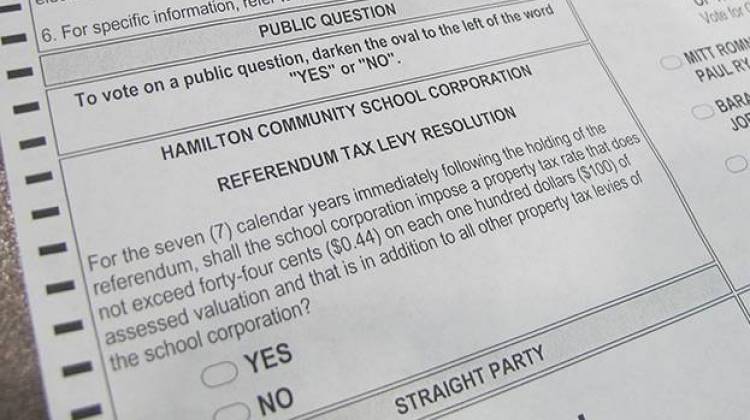
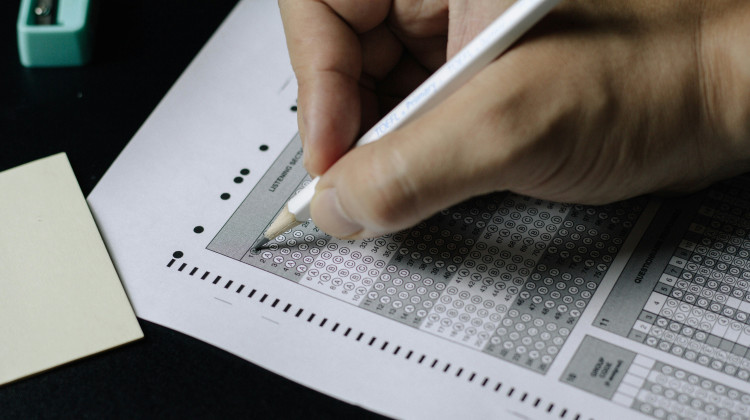
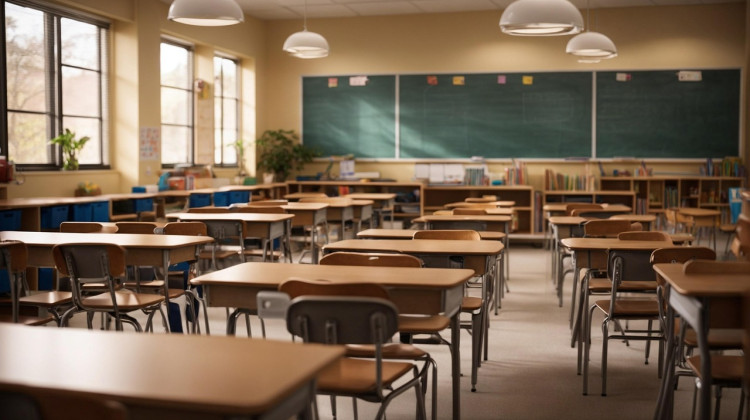
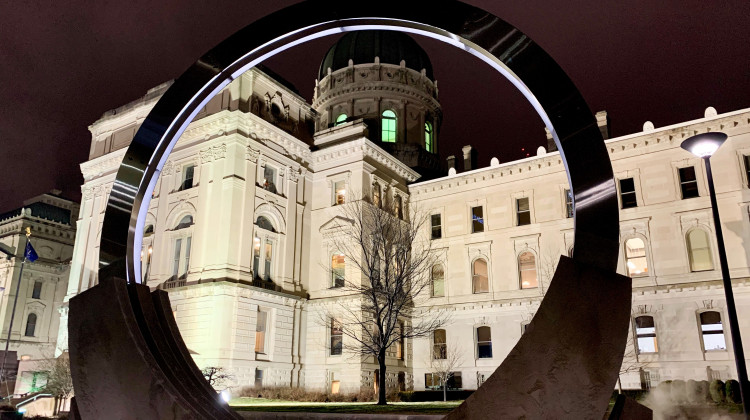
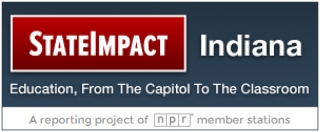


 Support WFYI. We can't do it without you.
Support WFYI. We can't do it without you.